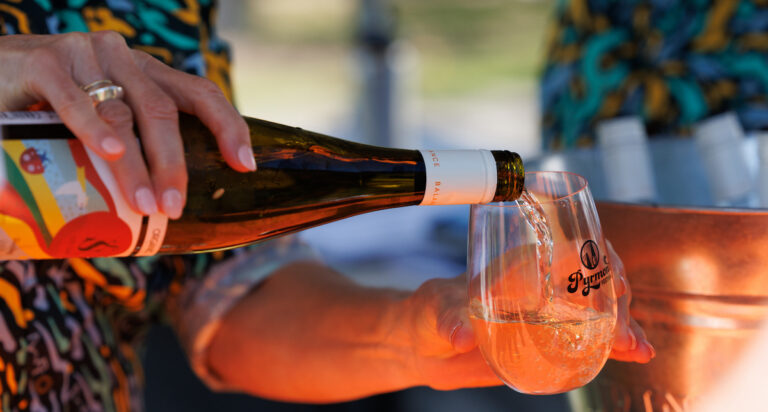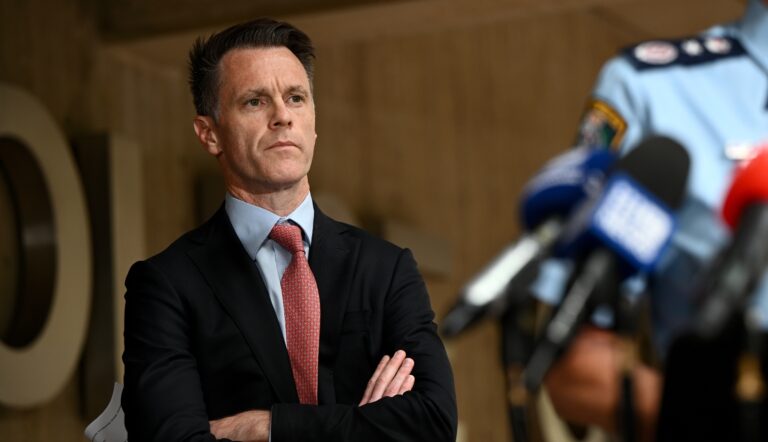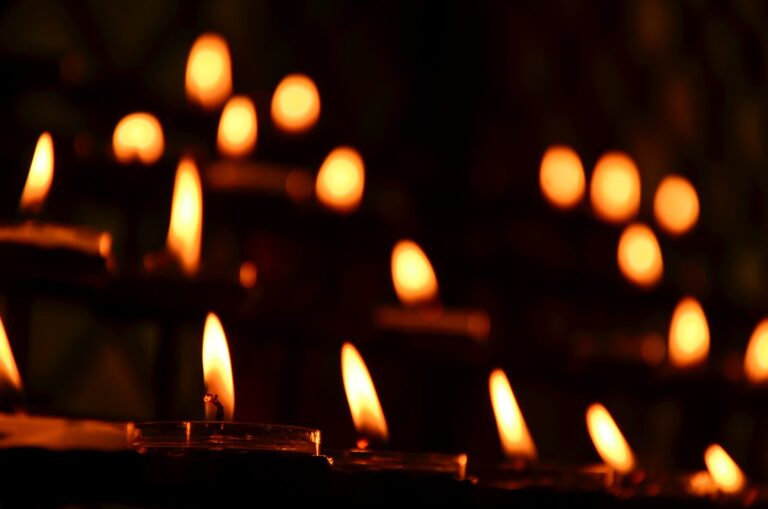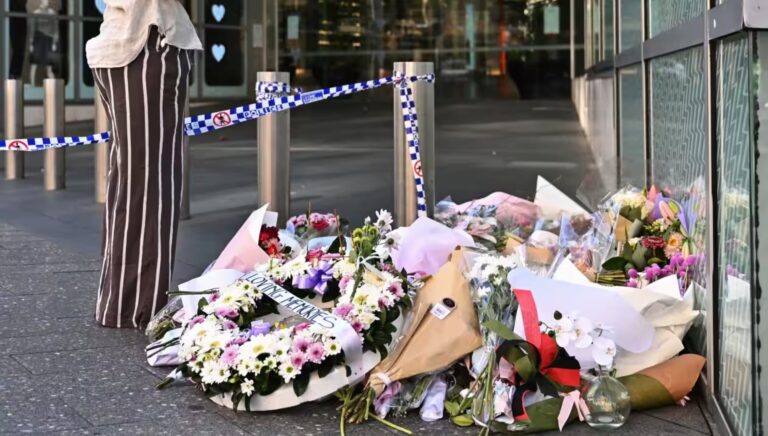
The case against Sheikh Mansour
By Zeinab Zein
Australia has always been respected for its strong democratic foundation and civil rights record but in recent years the country has faced many challenges.
Australian lawyers, politicians and community leaders have welcomed the Federal Government’s proposal to provide Australians with a Bill of Rights.
For one Sydney Sheikh, this could mean that after 10 years of being in Australia he may be recognised before the law and his dealings with the Australian Security Intelligence Organisation (ASIO) could finally come to an end.
Sheikh Mansour Leghaei came to Australia in 1994 from Iran as a meat inspector, exporting meat to Iran. Later he worked as a religious teacher at the Imam Husain Islamic Centre in Earlwood, south-west of Sydney.
There he hosted former Attorney-General Phillip Ruddock, and received praise from Labor party members Robert McClelland, Anthony Albanese and the Marrickville Council.
In 1996, the Sheikh applied for permanent residency but ASIO rejected his application on the grounds he was assessed to be ‘directly or indirectly a risk to national security’. ASIO accused him of being a spy for Iran and of writing a book encouraging Jihad against infidels, a charge later dropped when Sheikh Mansour took ASIO to the Federal Court.
Evidence against Sheikh Mansour could not be revealed for national security reasons making it impossible for him to challenge it.
Since then, Sheikh Mansour received a bridging visa but had it cancelled, and was then asked to ‘deport himself’ by a faxed letter from ASIO in 2007.
The Sheikh was told that under the ASIO Act the procedure of fairness did not apply to a non-citizen and non-resident of Australia, even though he found himself in this position because of ASIO.
Father Dave Smith of the Holy Trinity Anglican Church at Dulwich Hill has been leading a ‘Save the Sheikh’ campaign.
‘The treatment of Sheikh Mansour has been nothing short of outrageous,’ Father Dave said.
‘If I were picked up in Iran on suspicion of some misdemeanour, but was told that because I was an Australian I forfeited the right to a fair trial, we’d say, ‘what sort of totalitarian regime is this” And the answer would be ‘it’s Australia, mate!”
The Rudd Government invited submissions on a human rights charter on the 60th anniversary of the Universal Declaration of Human Rights on December 10.
Although Australia was one of the eight countries involved in drafting the Declaration in 1948, it didn’t extend these rights to Sheikh Mansour, Dr. Mohamed Haneef, Jack Thomas and Izhar ul-Haque, a young medical student who was kidnapped and falsely jailed by ASIO in 2007.
The proposed Bill of Rights would examine legislation introduced into Parliament to ensure all individuals are treated with dignity as outlined in the Human Rights Act 2004, the 1966 International Covenant on Civil and Political Rights and the Universal Declaration of Human Rights, to all of which Australia is a signatory.
Maybe then Sheikh Mansour would be recognised under the law and the procedure of fairness would apply to him, allowing him to see the evidence held against him so he could defend himself. This would set a precedent for all other non-residents and non-citizens in a similar position.
A High Court appeal rejected Sheikh Mansour Leghaei’s application to have this matter heard in court because he is not an Australian citizen.









